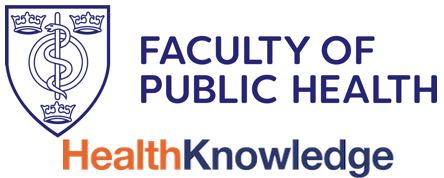Professional accountability, clinical governance, performance and appraisal
The term clinical governance was first used in the UK in 1999 and defined as being ‘a framework through which NHS organisations are accountable for continuously improving the quality of their services and safeguarding high standards of care by creating an environment in which excellence in clinical care will flourish’[i]. Clinical governance must be supported by clear national quality standards, programmes of life-long learning and professional self-regulation and effective monitoring systems.
In the UK the majority of healthcare professionals are required to register with a professional body such as the General Medical Council (GMC), the Nursing and Midwifery Council (NMC) or the Health and Care Professions Council (HCPC). These bodies provide clear guidance about the professional standards that must be met in order for individuals to be registered to practice, as summarised in Figure I, below[ii],[iii]. Both the GMC and the NMC require registered practitioners to undergo annual appraisal and five-yearly revalidation in order to reflect on their performance, identify areas where they could improve and demonstrate that they are up to date and fit to practice[iv],[v]. Figure H, below sets out the professional standards for doctors, nurses and midwives in the UK.
Figure H: Professional standards for healthcare professionals, adapted from Duties of a Doctor (GMC, 2013) and The Code for Nurses and Midwives (NMC, 2015)
|
GMC Duties of a doctor:
NMC Code for nurses and midwives:
|
© Flora Ogilvie 2017
[i] NHS Executive. Health service circular: Clinical governance in the new NHS. 1999.
http://webarchive.nationalarchives.gov.uk/20130107105354/http://www.dh…
[ii] GMC. Duties of a doctor
http://www.gmc-uk.org/guidance/good_medical_practice/duties_of_a_doctor…
[iii] NMC. The code for nurses and midwives
[iv] GMC. An introduction to revalidation
[v] NMC. What is revalidation.
http://www.nmc.org.uk/standards/revalidation/what-is-revalidation/
